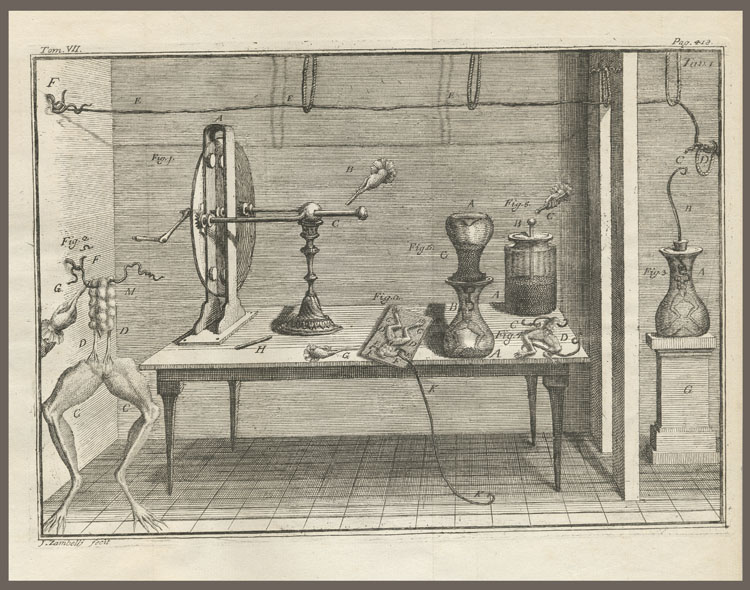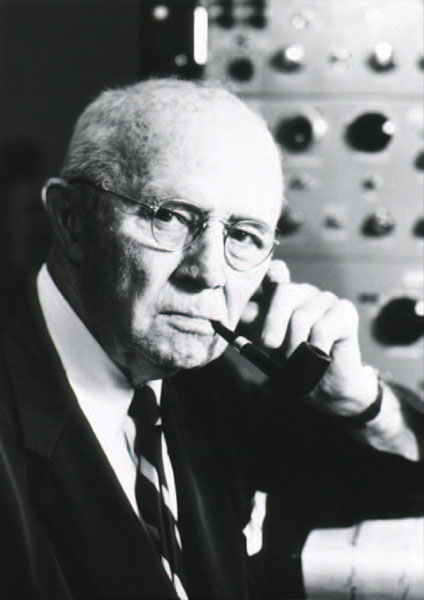A brief history of Necromancy
First - why is necromancy evil? Short answer? It's a cultural thing. Long answer, not all cultures throughout history have considered necromancy evil (and we are talking about Earth Cultures, here). Etymologically, Necromancy comes to us from ancient Greek, and means - pretty much literally - divination by means of a dead body. The earliest Necromancy was probably practiced by shamans and druids, who would call upon the spirits of ancestors and the deceased to have questions answered or seek guidance; this kind of magic was practiced throughout the ancient world, from Babylon to Latinum, the Eastern reaches of Persia and down into Egypt. Divination of this sort only became widely regarded as evil during the Middle Ages, when the Catholic Church branded Necromancy to be "demonic magic", espousing that it was actually the summoning of demons taking the guise of spirits in order to deceive the living, and that only the power of God could resurrect the dead. Despite persecution, Necromancy really flowered during the middle ages, spreading with the cultural imperialism of the Roman Catholic Church - because of this, most modern Necromancy still focuses on themes of divination and spirit summoning.
Literally Raising the Dead is not common in the aforementioned necromancy - for that, you have to look to other sources. One good example is the Saga of Hrolf Kraki from Norse Mythology. Without getting into the specifics, a Viking King has an epic show-down with his sister Skuld, who is a powerful master of Seidhr (viking sorcery), and other, darker magics. Skuld eventually turned the tide of battle using her mastery over life and death; through her magic, she was able to return any warriors who had fallen in battle to a semblance of life and send them back to the fray. It's worth noting that Skuld is the badguy in this story (of course, this is Norse Mythology, so bad-guy/good-guy dichotomies get a little wonky, in this example, Skuld is getting revenge on behalf of her beloved husband for a a number of dishonest manipulations by her brother Hrolf, a very Viking motivation for murdering, so you could argue she's justified).
As to why we find Necromancy unsettling - and now we're talking about Skuld's Necromancy here, not just divination - well, for starters, most cultures assign a certain level of ceremonial significance to the posthumous body. Just about every culture throughout history has had various rites associated with committing a loved one or community member to eternity, and many have gone so far as to associate the way that the body is handled during funerary rights with the way the spirit is received in the afterlife (if it is received at all). Viewed in this light, and tempered by the anti-sorcery rhetoric of the Abrahammic Religions (which were undeniably significant in shaping the evolution of many of the world's cultural views on death and the afterlife), it's easy to see why many people are attached to their bodies or the bodies of those they care for. Desecration of the dead is considered abhorrent in most modern societies, and it's hard not to interpret most forms of necromancy (whether you're actually animating the body, or simply using it as a ritual component) as a form of desecration based on current mores. Remember, though, that the Egyptians mummified the dead by ripping their brains out through their noses, bottling their innards, and filling them up with potpourri; a ritual that would almost certainly be considered desecration by today's standards, but was the highest honor that could be bestowed on a corpse in that time and place.
Maybe it's not so bad, though...
So, getting around to the point; again, the hatred of Necromancy in our societies is mostly cultural and religious - as the writer building your world, it's up to you to decide if these same ideas have taken hold there. There's some evidence that the ritualization of funerary rights began quite simply with the need to bury the dead because corpses are not a good thing to have lying around the camp. In general, human societies have had compunctions about eating their brothers and sisters, and if you're not going to eat and utilize it, you really only have one choice, dispose of it. Necromancy (Skuld Style) opens up the possibility for early cultures to make use of human corpses without having to eat them, thereby engendering a cultural norm. Of course, there are examples of cannibalistic human societies, so maybe in your world cannibalism was not uncommon, Necromancy came later, and by that point, it was generally considered normal to use human corpses for their potential value.
If you want Necromancy to be common in your world, you'll need a general cultural acceptance of it, which should be easy to write with some creative history, but there are other options. A few.
Necromancers are feared, but respected. Necromancers are viewed with some suspicion by most, but the Order works hard to make it clear that it's more valuable than it is dangerous. By consensus, Necromancers don't make new corpses, they just use the ones that turn up normally. They contribute to the general welfare by having skeleton servitors (zombie servitors are just nasty, and unhygienic, to boot) perform community service, and undead chain gangs dig ditches, pave roads, construct dams, aqueducts, and other buildings. In fact, life is usually pretty swell for your normal person, because most of the menial things are handled by the Necromancers; and the Kingdom is safe because its neighbors fear its necromantic guardians. In exchange, the Necromancers enjoy a steady supply of freely given subjects for their work. For your needs, this means that while people are a little icked out by the work of your protagonist, many will be willing to offer him a level of respect or courtesy befitting his association with the Necromancers they have come to rely on.
Necromancers are feared, but not hated. Noone can place when necromancy first became a thing, exactly, but the necromancers have been around since basically the beginning. Like anyone else who practices magic, the mundane people of the world look dubiously on them for possessing an unfair advantage, but the Necromancers have mastered the most important of Machiavelli's maxims. It is safer to be feared than to be loved; and it is important not to be hated. The Necromancers know that if the common folk - so numerous, the common folk - turn against them, it will be a bad day. They therefore take pains not to make themselves despicable, but they do not brook attacks or intrusions on their sanctums, responding with force and swift justice. In turn, everyone else has learned that the Necromancers are not to be messed around with, but since the Necromancers don't do insane things like raise undead legions and terrorize the living, the fear of reprisal is enough to keep most people from messing with a traveling necromancer.
Indoctrination. Maybe it didn't start this way, but the Church of Death now employs Necromancers. The Church is responsible for ensuring that a soul sees its way into the afterlife, as compensation for this valuable religious service, they take possession of the corpse. The Church maintains a standing garrison of undead warriors to protect its temples and the towns they stand in; it also patrols the streets and keeps the peace. Skeletons stalk in throngs around Wardens, acolytes who oversee the undead work-crews. The Church is essential, and though it rules with an iron fist and brooks no opposition to its teachings, it commands loyalty in all the usual ways. People are just used to the dead, by now, really.
The Undead have never been uncommon. In a world where sometimes, the dead just decide not to stop living, coexisting with such beings would be quite ordinary, as would the specialists who deal with the magic animating the undead.
Maybe they've just had a long time to get used to it. You can get used to a lot. Maybe in your world, Necromancers were regarded in a negative light, but the Liche King changed that by showing that just because a guy raises the dead, doesn't mean he wants to eat your flesh and slay your family. And why not? The Liche King has been in charge for a long time, and the Kingdom hasn't burned down or been smote from on high, or anything.
Closing note. This question largely has to do with cultural perceptions. It's therefore hard to say how we might feel about Necromancy if it were, you know, actually a thing that could and did happen. Portrayals of Necromancy haven't helped at all, really. You've already touched on this by pointing out that usually Necromancers are mad, evil, or both. Generally they're egomaniacal, murderous, and usually they're interested in conquering the world - typical comic-book villains for typical comic-book villainy. It won't be hard to bring a more nuanced angle to this aspect of fiction. What if, and I know I'm being speculative here, but what if there was a necromancer (or even more than one!?) who didn't want to conquer the world, slay all the living, and reanimate their corpses to go to his insane tea party? What if he had good hygiene and expected the same from his unliving tools? And what if he knew how to give a skeleton a spade or hammer instead of a sword and shield?
Some more good questions to ask going into your world-building: How long has Necromancy been a thing? Is there other magic, and how are other magicians regarded? Is there cosmic good and evil in your setting (our world is mostly grey and grey, but in The Lord of Rings there are obvious good guys and obvious bad guys, who go along with the associated gods - the same goes for most other epic fantasy settings)? If Necromancy is generally tolerated, are there some who rail against it? Is there a god who condones or even sponsors necromancy, what about one who opposes it? Is Necromancy accepted everywhere, or just in one region or country?


